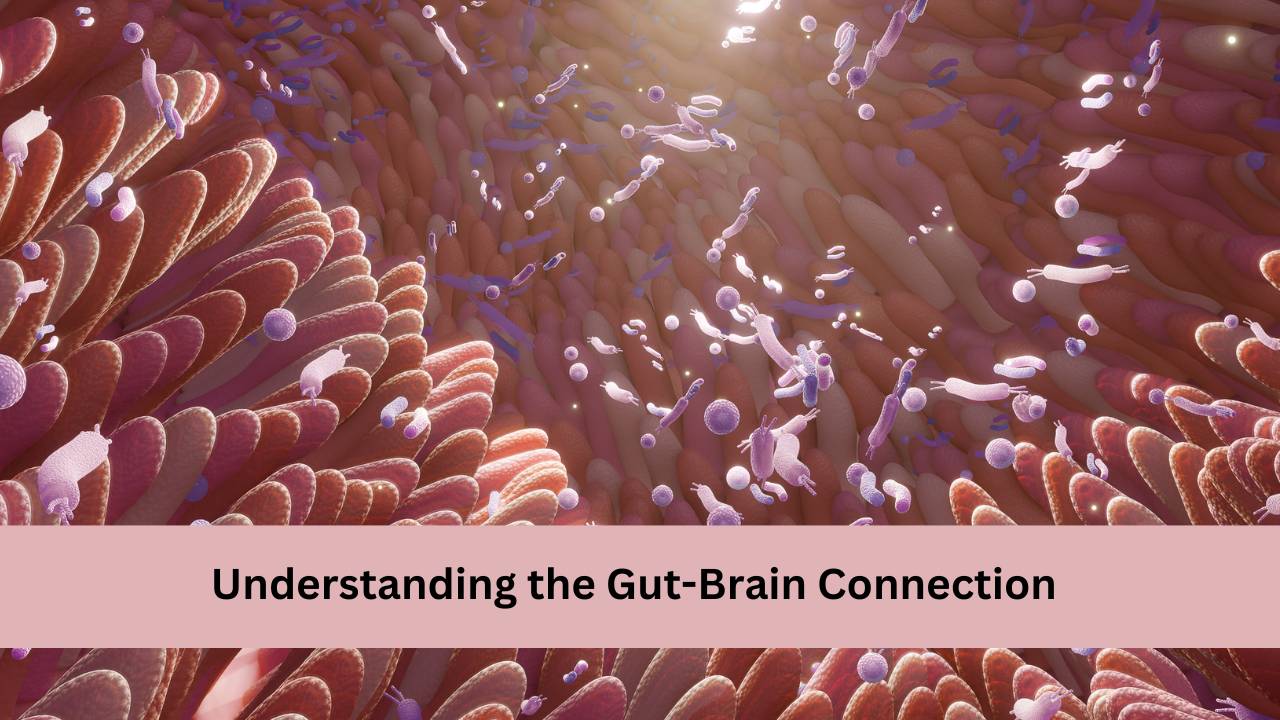Understanding the Gut-Brain Connection
Sep 12, 2023
Let's talk about autism and gastrointestinal issues. A study from 2020 showed that autistic children are FOUR times more likely to have GI issues than their peers. (Madra et. al. 2020) The most common issues are constipation, diarrhea, reflux and bloating.
It can be very difficult for an autistic child to express GI discomfort. Some do not verbally communicate, and even for those who can, it can be difficult for them to pinpoint the discomfort. More often than not, GI difficulties are expressed as aggression, self-injury, and sleep difficulties.
It is well known that our gut is constantly communicating with our brain, which makes the food we eat and our overall gut health extremely important. Studies have shown that nutritional interventions can make a significant difference in the GI symptoms and behavior of an autistic child.
Dr. Kara Margolis is a Pediatric Gastroenterologist at the Columbia University Medical Center, and specializes in supporting autistic children. To improve gut health, she suggests 3 main things - remove artificial sweeteners, avoid processed foods and follow a high-fiber diet. With that said, as a parent and caregiver of an autistic child, you are likely aware that many autistic children are extremely selective eaters, and these suggestions are easier said than done! We suggest making one small change every week. Over time, these changes will make a significant difference.
Dr. Kara Margolis wrote an article for AUTISM ADVOCATE Parenting Magazine on the topic of gastrointestinal issues. She talks about the gut-brain axis, the enteric nervous system (the nervous system in the gut), serotonin and how diet can make a difference for autistic children. This is invaluable information that can make a significant difference!

Access Dr. Margolis's article in our article directory by clicking here.
Stay connected with news and updates!
Join our mailing list to receive the latest news and updates from our team.

